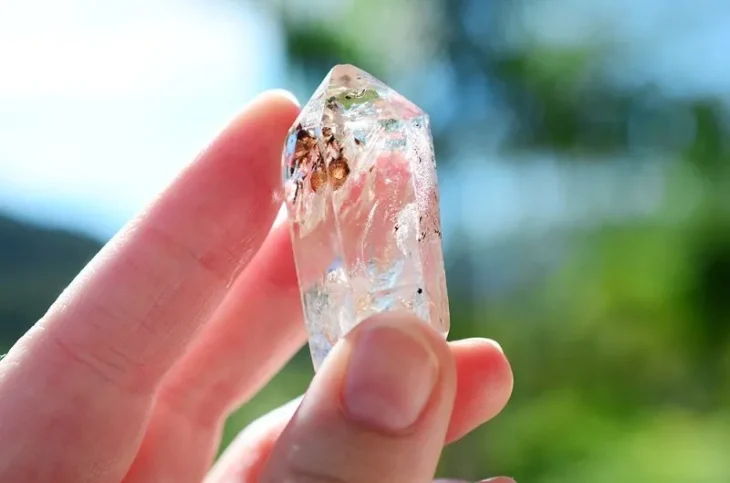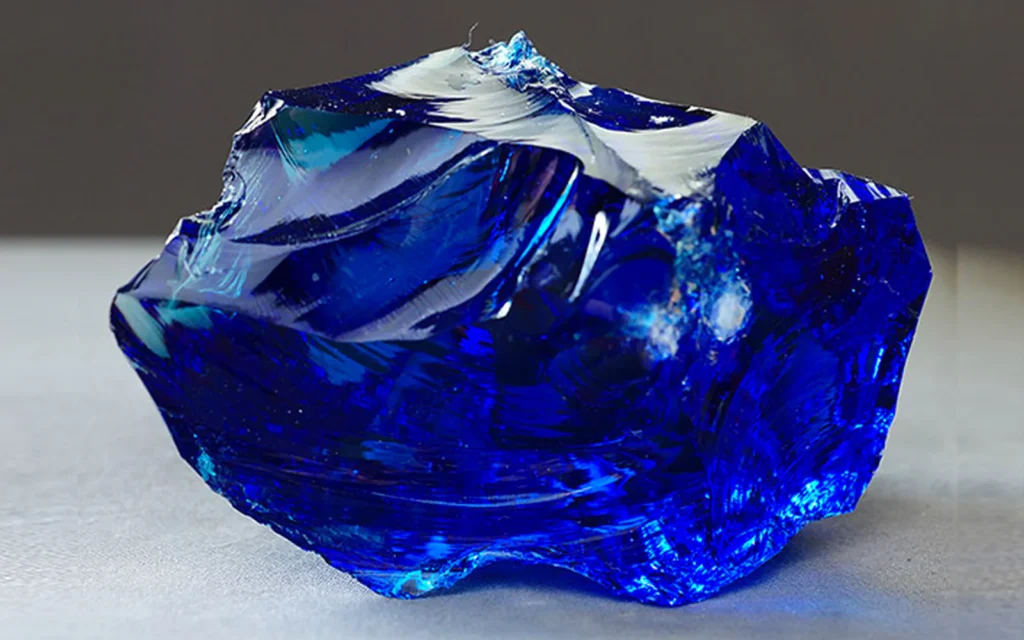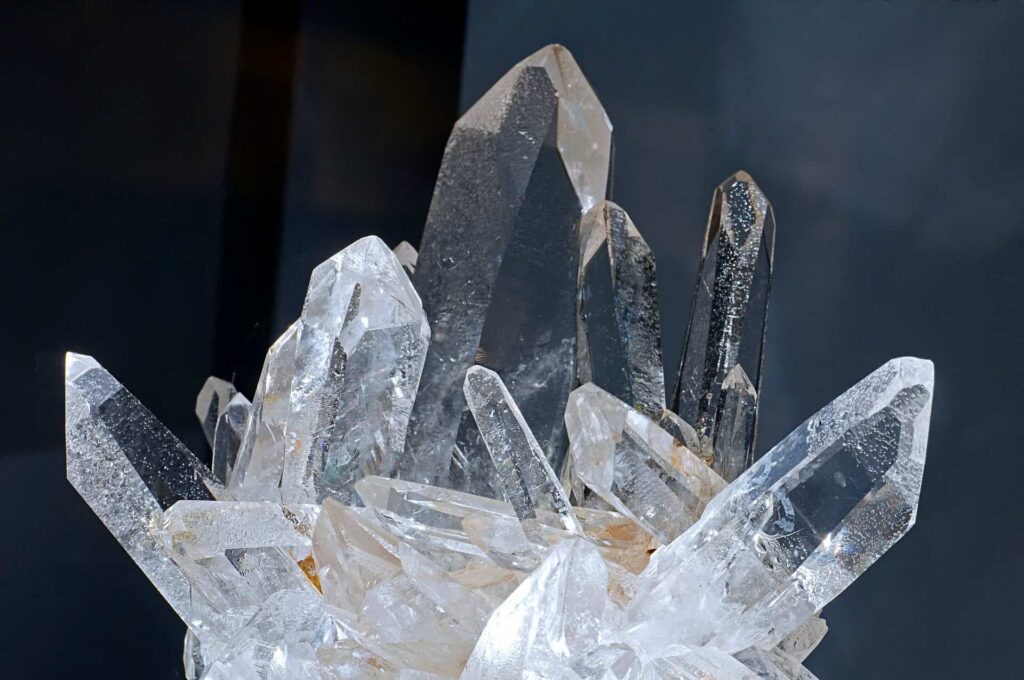
Cleaning and Polishing Tips for Sapphire, Quartz, and Glass: Step to Step Guide
Sapphire, quartz, and glass are three distinct materials with vastly different properties. Although glass and quartz share some similarities, such as their high refractive index and scratch resistance, sapphire is a more robust material with excellent wear resistance. When it comes to cleaning and polishing all three materials, there are a few approaches that you can use to make sure they sparkle like new.
Sapphire

Sapphires are among the strongest, most durable natural materials available, making them a favorite choice for luxury jewelry and gemstones. Sapphire cleaning and polishing requires specialized techniques designed to protect the gemstone’s natural characteristics while still providing optimal sparkle and shine. Here are some tips on how to best care for your sapphires:
- Gently clean your sapphire with mild soap and lukewarm water then rinse with clean water.
- Dry your sapphire immediately with a soft, lint-free cloth.
- Be aware that many jewelry cleaners contain harsh chemicals that may cause damage to the finish of your sapphire.
- Do not use an ultrasonic cleaner; diamonds may be hard enough to withstand this type of cleaning process but sapphires should not be exposed to such high levels of vibration.
- Sapphires can be polished using slurry polishing, or a neutral dye mixed with olive oil or mineral spirits. Use protective eyewear when using any abrasives containing particles such as diamond compounds. Polishing should always take place in small increments gradually increasing pressure until desired clarity is achieved.
Quartz

Quartz is a very durable and chemically resistant mineral, so cleaning and polishing it requires a gentle touch. It does not scratch easily, but using too much pressure for cleaning or polishing can dull its luster or damage the surface. The following tips will help you properly clean and polish quartz.
Cleaning:
- Use a soft cloth to wipe away any dust from the surface of the quartz.
- If there are any oily or sticky substances on the surface, use non-abrasive soap such as dish detergent to lift off the dirt.
- If necessary, you can use cotton swabs to reach into cracks and crevices to remove stubborn dirt.
Polishing:
- For light scratches, you can use car wax with a soft cloth for polishing.
- For deeper scratches, you should use a jeweler’s rouge on a soft cloth or cotton wheel buffing wheel that is attached to an electric drill. This type of buffing wheel works best for those hard-to-reach areas such as crevices or grooves in your quartz item.
Glass Cleaning and Polishing Tips
Glass surfaces require gentle but thorough cleaning to keep them looking bright and clear. To prevent scratching, never use anything more abrasive than a soft cloth or mild detergent with warm water on any glass surface.
Cleaning stainless steel appliances is especially important since scratches on the surface will cause areas of discoloration. For everyday glass cleaning, applying a mixture of warm water and white vinegar with a soft cloth will help remove dirt and grease build-up without leaving streaks or marks. A commercial glass cleaner can also be used for quick clean-ups.
Different gemstones require special attention to accurately clean them without damaging the finish. While manual cleaning methods are available and sometimes appealing, more advanced techniques employing automatic machinery should be considered for higher-quality results.